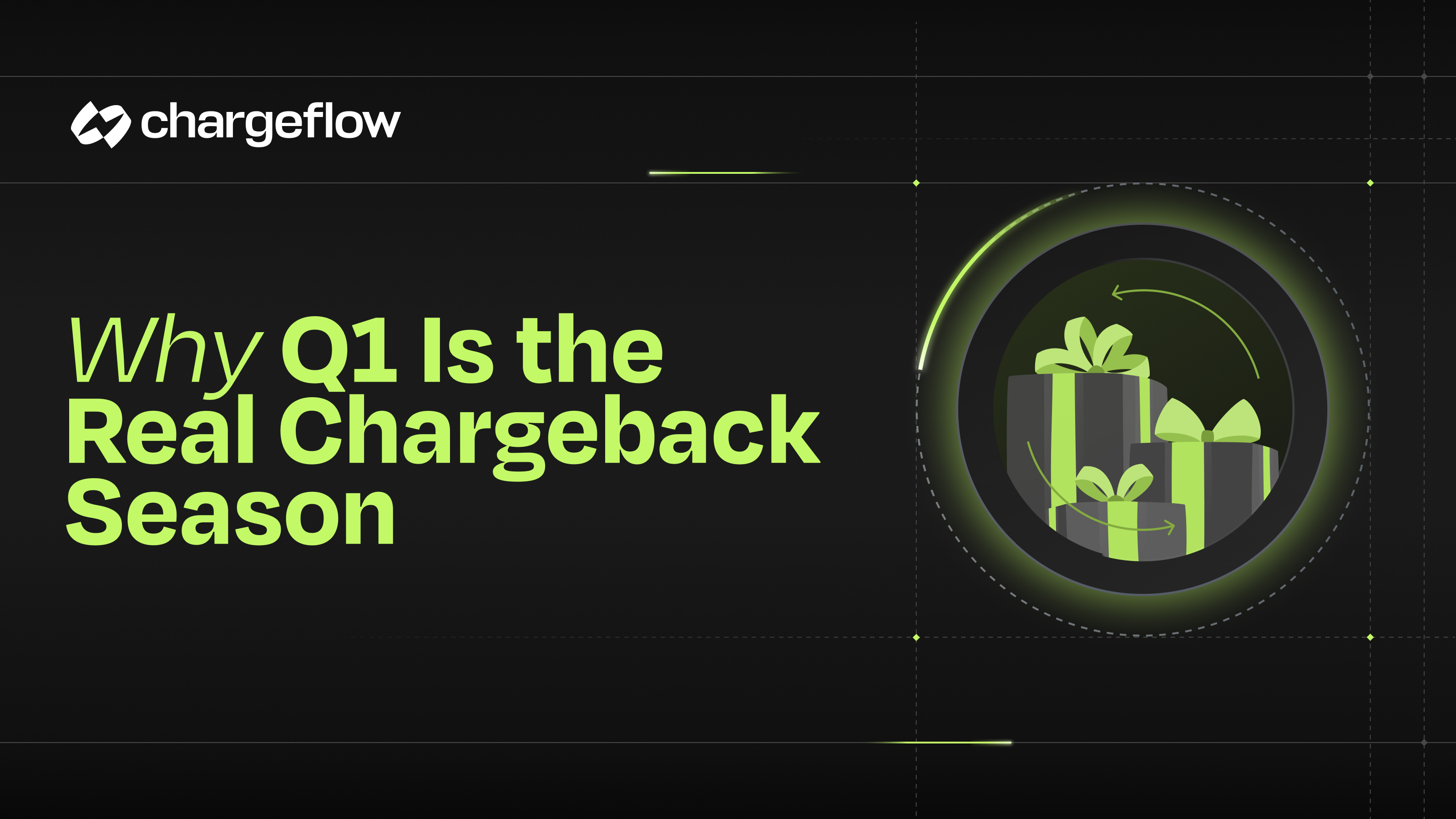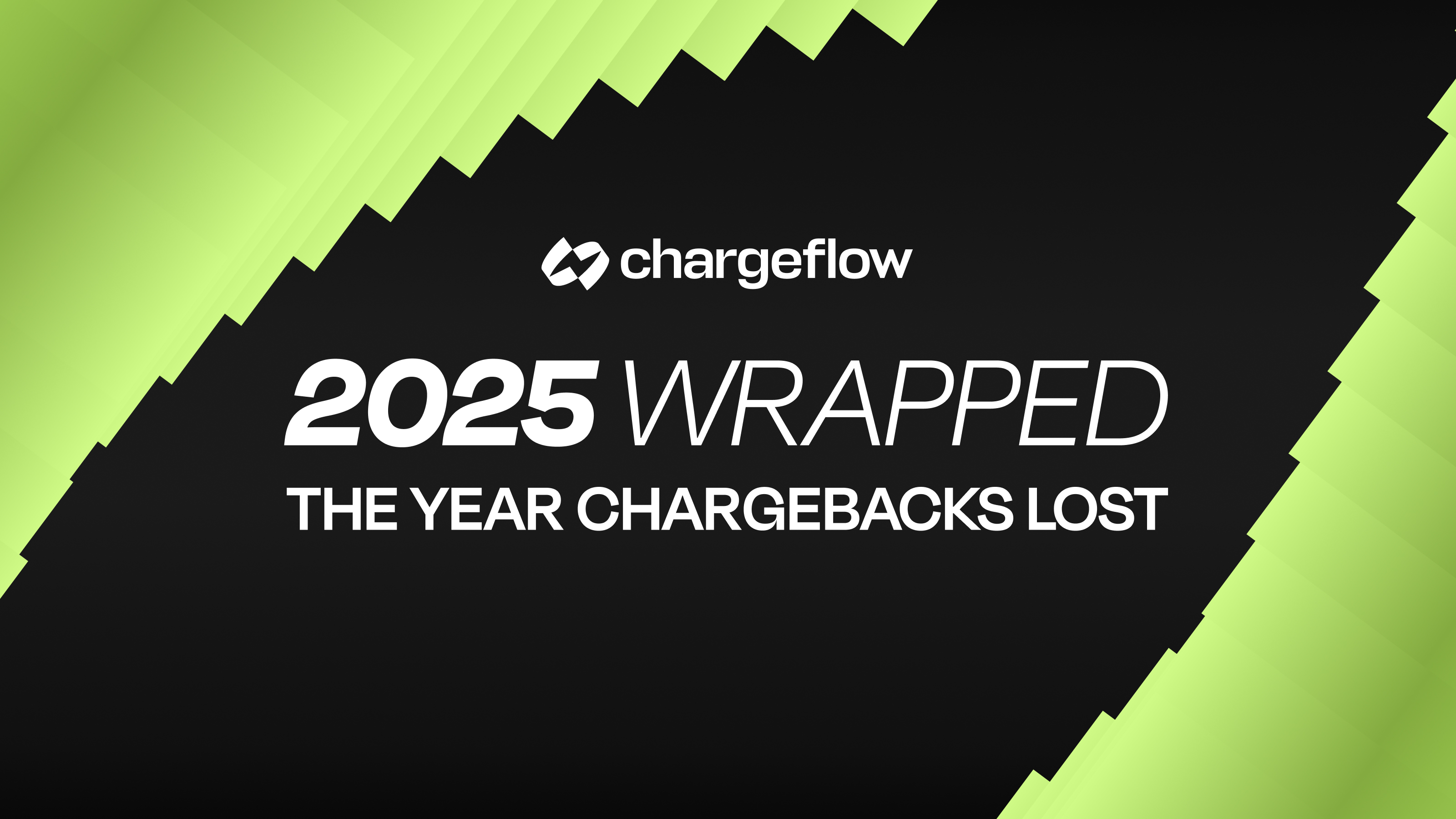Crypto Exchange Chargebacks: All the Best Hacks That No One is Talking About

Chargebacks?
No longer your problem.
Recover 4x more chargebacks and prevent up to 90% of incoming ones, powered by AI and a global network of 15,000 merchants.
The rate of chargebacks on cryptocurrency exchanges supersedes that of any other high-risk eCommerce vertical by several margins. Learn more about it.
For purposes of clarity, a crypto exchange is a platform that enables you to buy and sell cryptocurrency.
Crypto exchanges make it easy for you to transact one cryptocurrency for another or buy crypto using a regular currency such as the U.S. Dollar. They also enable you to convert your crypto into traditional currencies.
Per industry standards, one can’t purchase crypto from a bank or investment firm. You need to create an account on a crypto trading platform to exchange your fiat currency for your digital asset of choice.
Exchange platforms such as Coinbase are the poster child of the crypto era. However, there are new entrants to the race for digital assets acquisition. Platforms like PayPal recently started allowing users to trade crypto within their existing accounts.
Although there’s been a significant uptick in crypto exchanges as public interest in cryptocurrencies grows, crypto exchange platforms still face enormous challenges. And chief among those hurdles is chargebacks.
Below we explore how you can navigate crypto exchange chargebacks effectively.
Crypto exchange chargebacks are unprecedented
Digital goods are known to have a relatively high volume of chargebacks. But the rate of chargebacks on cryptocurrency exchanges supersedes that of any other high-risk eCommerce vertical by several margins.
As an exchange or payments services provider serving a crypto exchange, knowing the root causes of the unusually high rate of crypto exchanges chargeback is critical.
So let’s dissect that concern for a bit, shall we?
For starters, crypto exchanges must receive payments securely and timely - without much support from acquirers. Due to stringent payment protocols by the card network, exchanges can only work with a handful of acquirers. Most acquirers disallow that vertical straight out. And acquirers who do business with exchanges do so independently; they could lose their operating licenses at any time.
That creates opportunities for payment fraud. A fraudster can use a stolen credit card number to purchase crypto, resulting in a higher volume of chargebacks.
But that’s one minor headache for exchanges. Next to unauthorized transactions is the issue of deceitful claims. In this case, the customer bought crypto, which incidentally loses value against the dollar (or other fiat currency). The consumer then abuses the chargeback process by attempting to secure a refund.
However, the absolute bane for which crypto exchange chargeback is extremely unprecedented is that immediately a cardholder finalizes a transaction to secure crypto, the cardholder can use the crypto to make additional unacceptable transactions.
Right now, laws regarding crypto transactions give little purview of how one can seek remediation when a merchant fails to deliver on their end of a transaction bargain. The immediate course of action in the case of transaction disputes is to file a chargeback request against the exchange with their issuer or bank. And as you’d guess, that is problematic because if the said bank or issuer does not understand the disputed transactions' circumstances, they’ll grant the chargeback automatically.

Hence, we advise that exchanges do their due diligence to seek out and work with acquirers who have a firsthand understanding of the peculiarity of the crypto industry and how to mediate disputes involving crypto transactions.
Apart from the fact that exchanges don’t receive any lifeline when criminals are involved, and the cardholders request a chargeback, a high volume of chargebacks stunts the growth of an exchange platform. For one, mitigating chargebacks is exhausting, and two, fines imposed by the card networks for excessive chargebacks can have a detrimental financial impact on your balance sheet.
How to protect your crypto exchange from chargeback fraud
Notably, protecting your crypto exchange from chargebacks centers on being able to verify that the person marking the transaction is the rightful owner of the card, ensuring that your payment processing methods aren’t letting you down, and using data to level up.
The following three simple hacks can help achieve that objective.
1. Work on your proof of identity methodologies
One key strategy crypto exchanges can use to limit chargebacks is being thorough with their onboarding processes. If you give the wrong user access to your platform, you’ll inadvertently open your platform up to fraudulent chargebacks.
The problem is, the very nature of the crypto framework means anonymity and decentralization are the first principles. That makes getting personal data from users a considerable challenge. Plus, if your users perceive your platform as having too many onboarding hurdles, they’ll probably go to your competitors.
Exchanges like Coinbase try to circumvent that challenge by making their sign-up process simple but creating layers of protocols such as I.D verification and authentication procedures when users want to buy or withdraw coins.
2. Research alternative payment processing frameworks
Some exchanges partner with third-party solutions for converting fiat to coins. However, this creates some issues due to regulatory grey areas concerning payment processing for the crypto industry.
Analysts have pointed out that a less complicated option would be for exchanges to accept payments via bank transfer. Bank transfers are sometimes reversible and cheaper to process than card payments.
What you need to know about using a bank transfer, though, is that the constant changes in crypto price could pose a challenge to your users if reconciliations are not immediate, as bank transactions often take days.
Whatever option makes sense for you, we advise you to take some time to evaluate the merits and demerits and see how they work for your users -- especially in light of privacy, reconciliation time, and cost.
3. Use chargeback automation to level up
From all indications, interest in crypto cryptocurrencies will continue to grow further. In that sense, exchanges will continue to serve as the playground for a bulk of the action, making chargeback fraud mitigation highly crucial to these platforms.
Applying the above hacks is the start in mitigating crypto exchange chargebacks. A step further would be to use data to your advantage. In that sense, you want to ensure that when a consumer files a chargeback, instead of scratching your head on what to do, you can quickly pull from over 50 data points and build a case that gives you up to a 50% chance of winning the dispute.
And Chargeflow does that and much more. By leveraging big data, Artificial Intelligence, and human insights, our systems are constantly improving while being supervised by chargeback experts 24/7. Our framework gives exchanges complete dispute and chargeback automation - from receiving the chargeback until you win it. No extra work from you is needed. We integrate with the major eCommerce platforms and payment processors, and if your vendors are using them, we can automate your chargebacks and disputes.
Join 500+ merchants in our early access program to stay on top of your disputes and chargebacks from every connected payment processor in a single dashboard.

Chargebacks?
No longer your problem.
Recover 4x more chargebacks and prevent up to 90% of incoming ones, powered by AI and a global network of 15,000 merchants.
















































.png)








